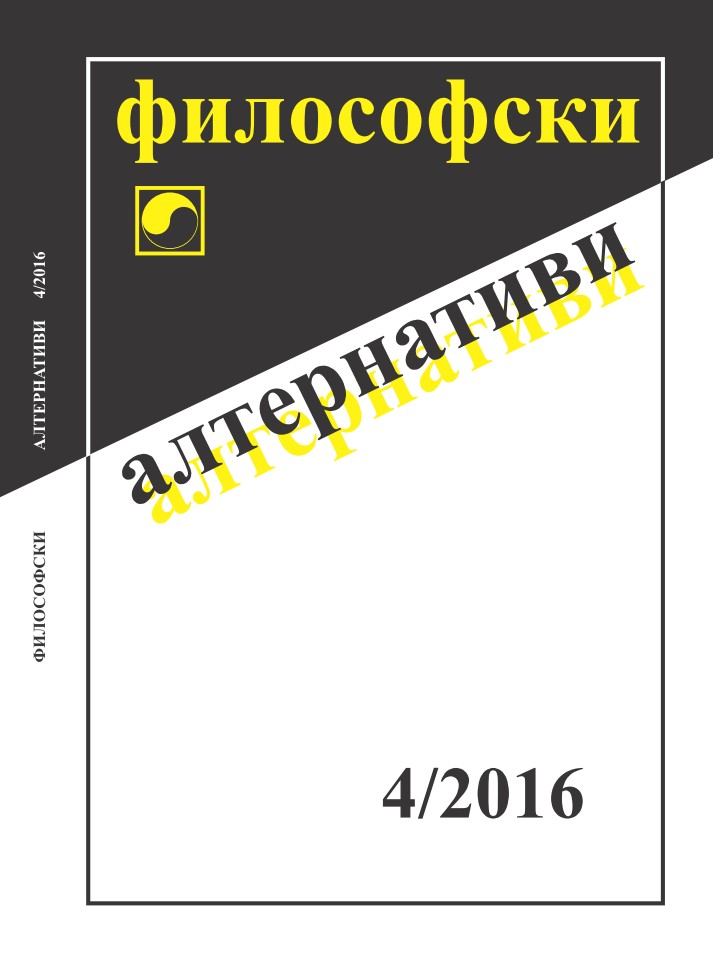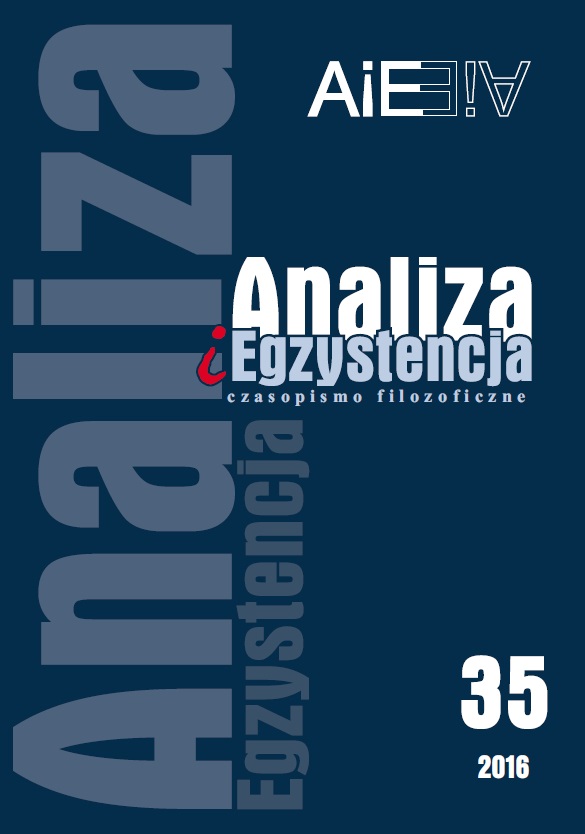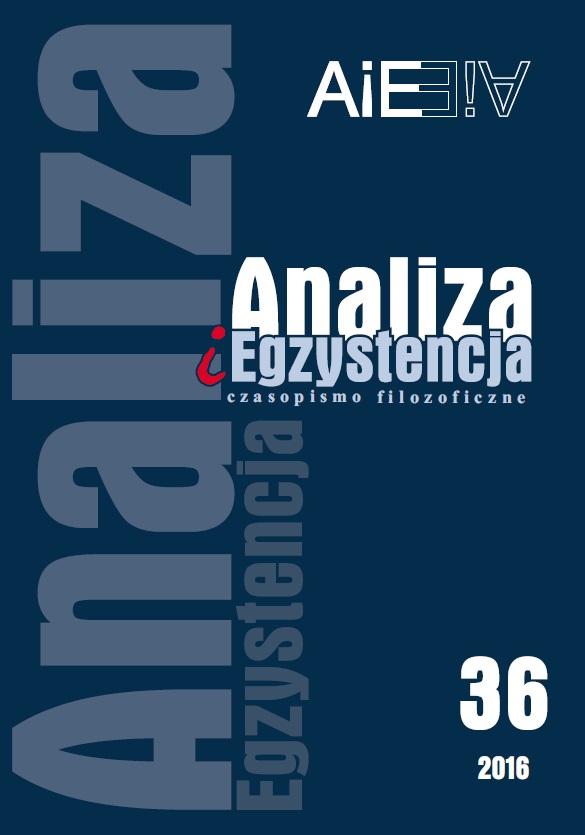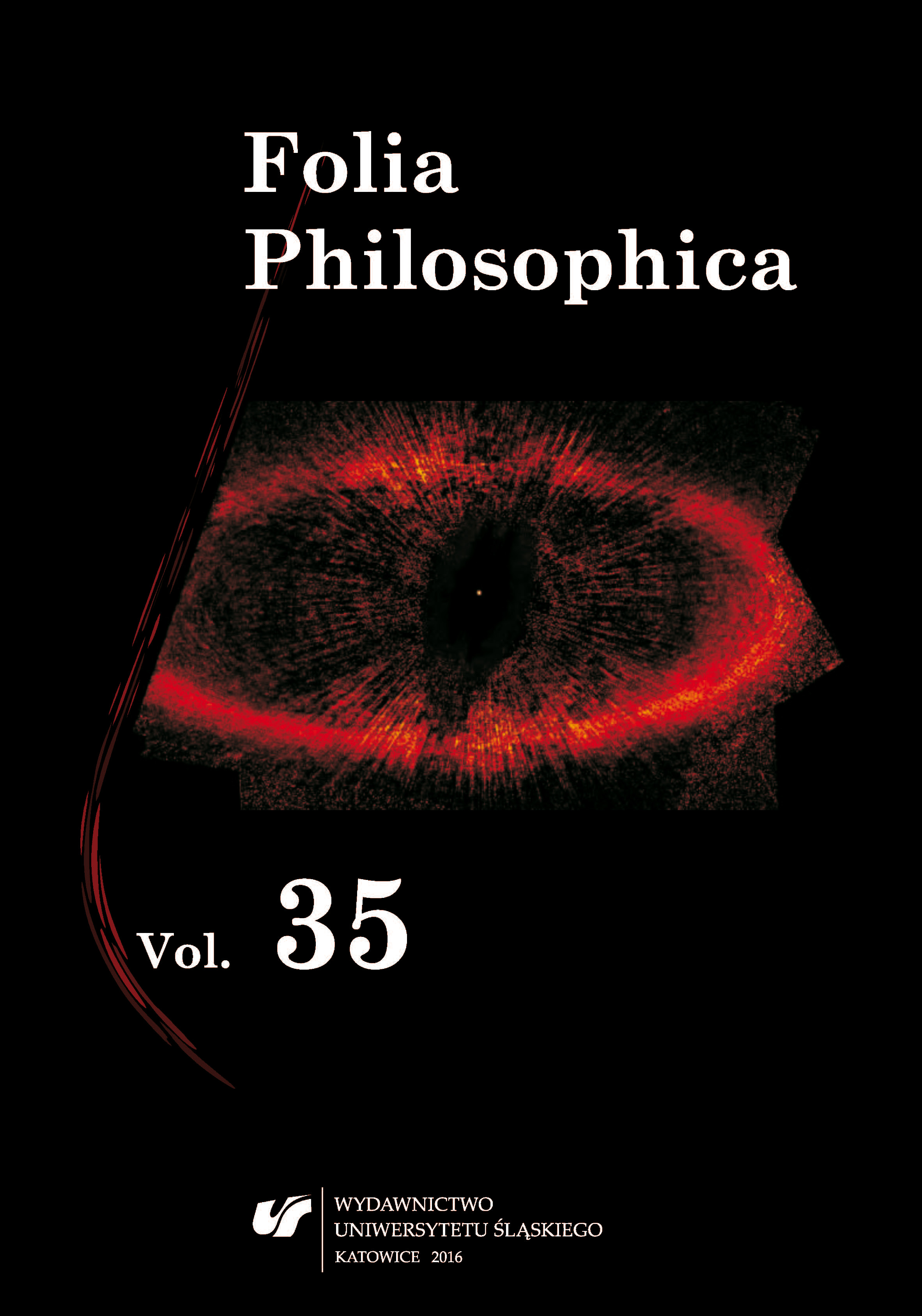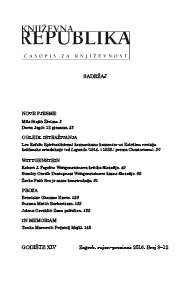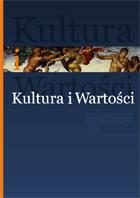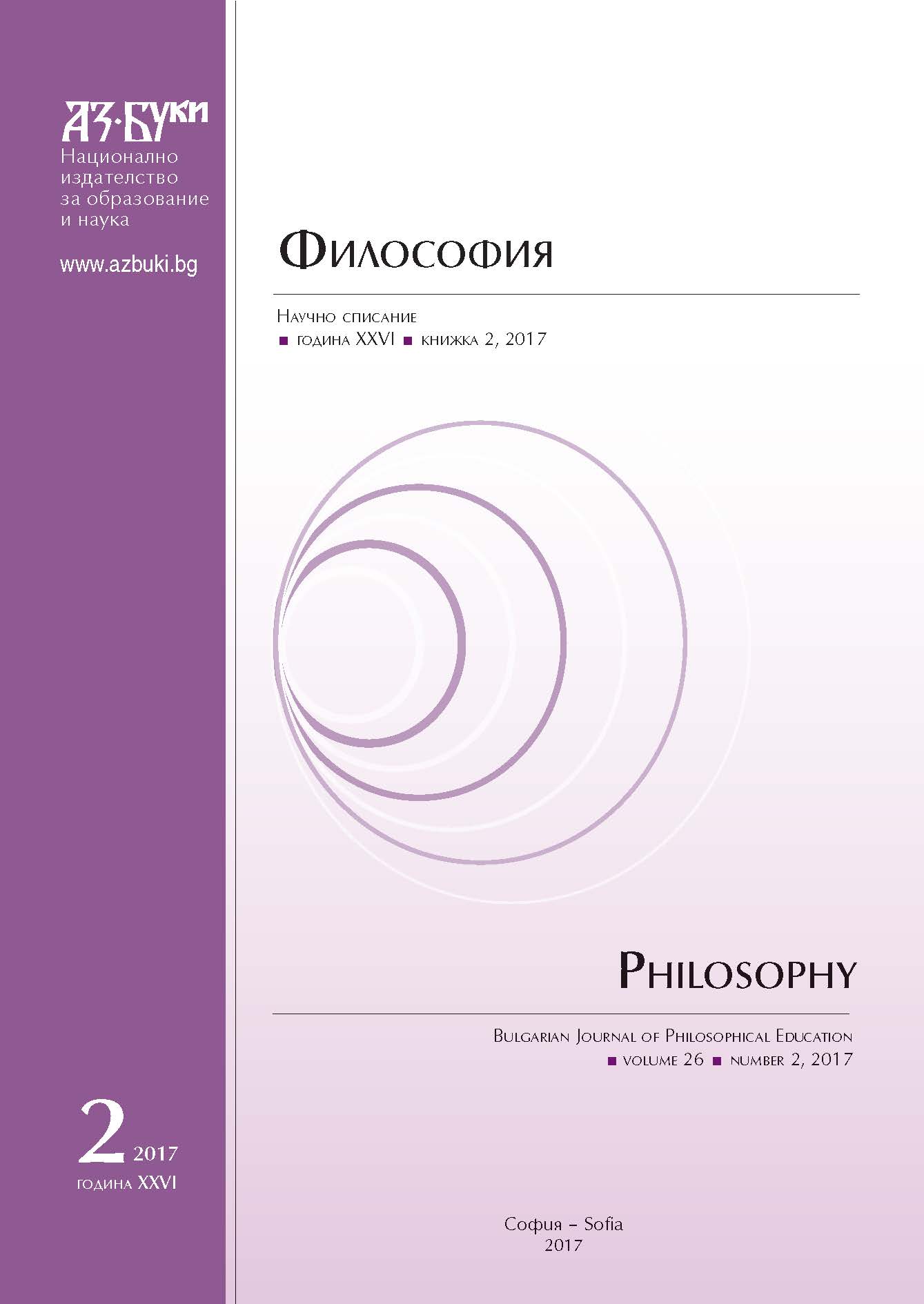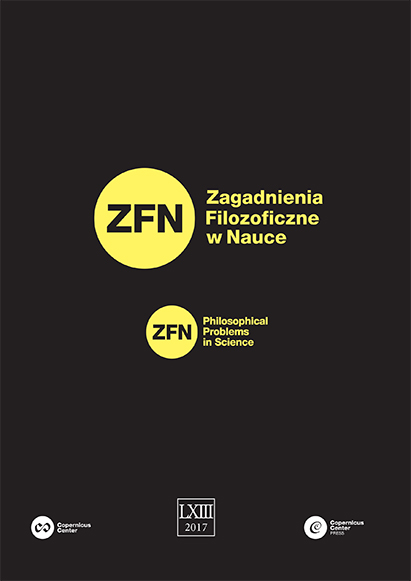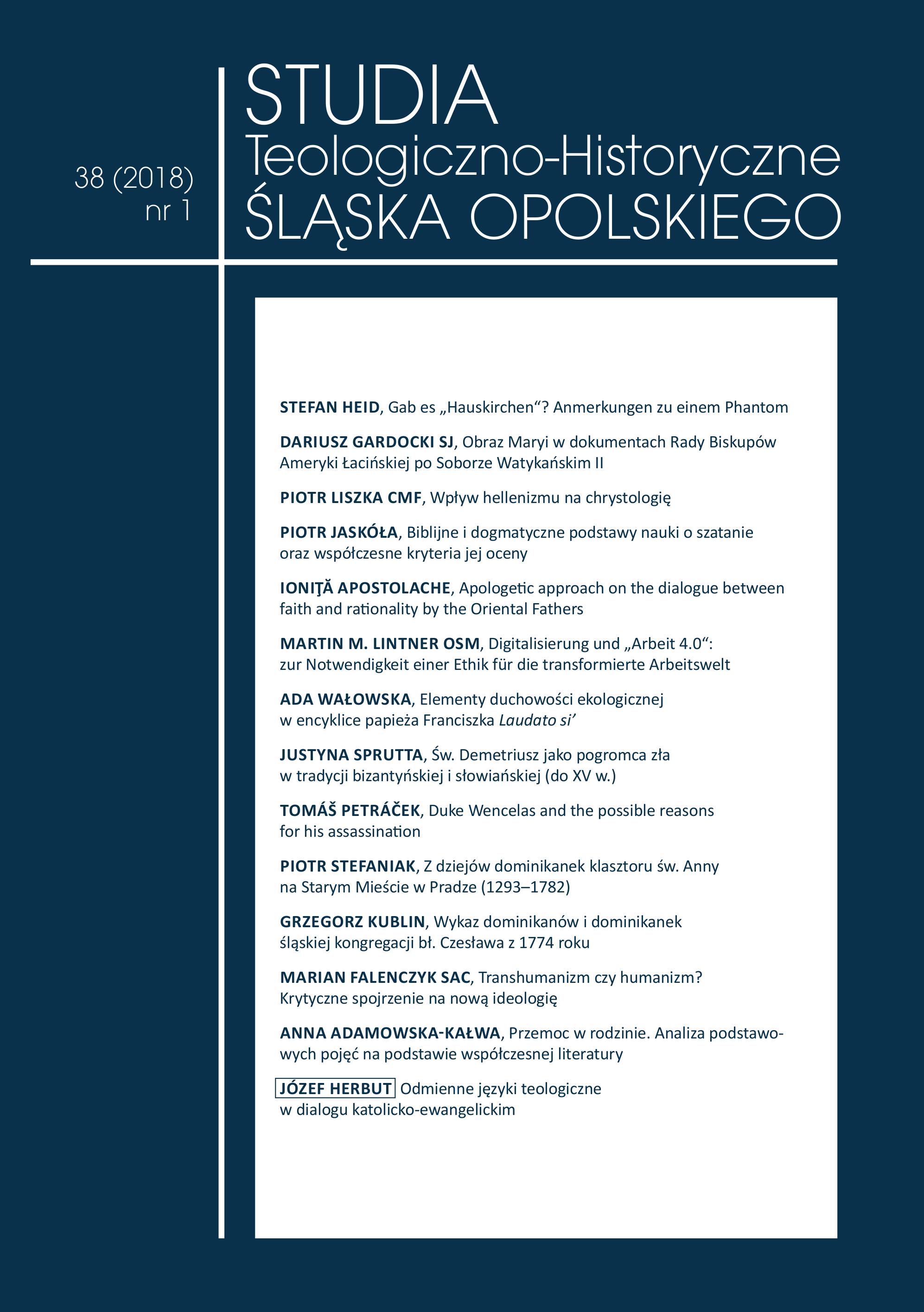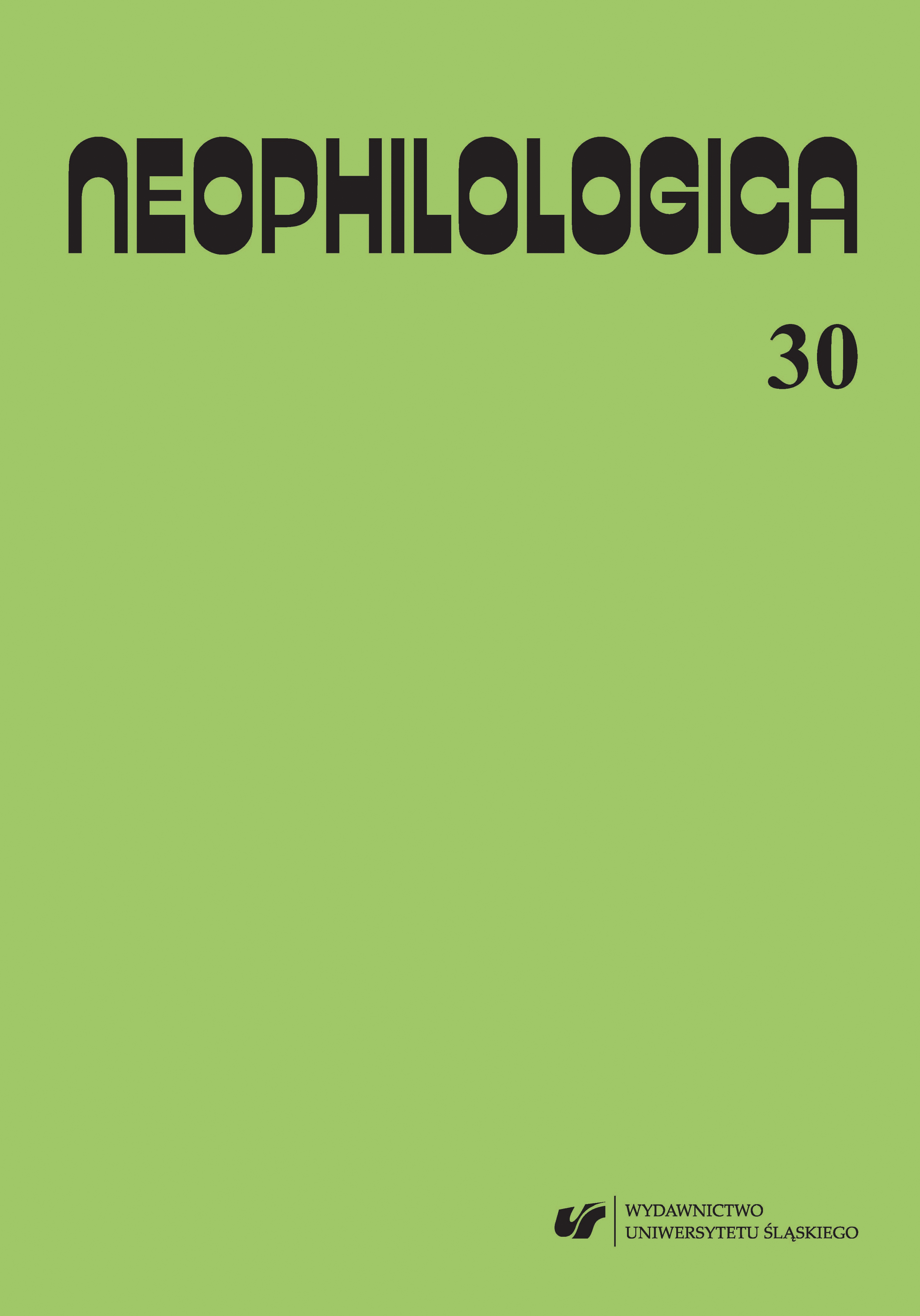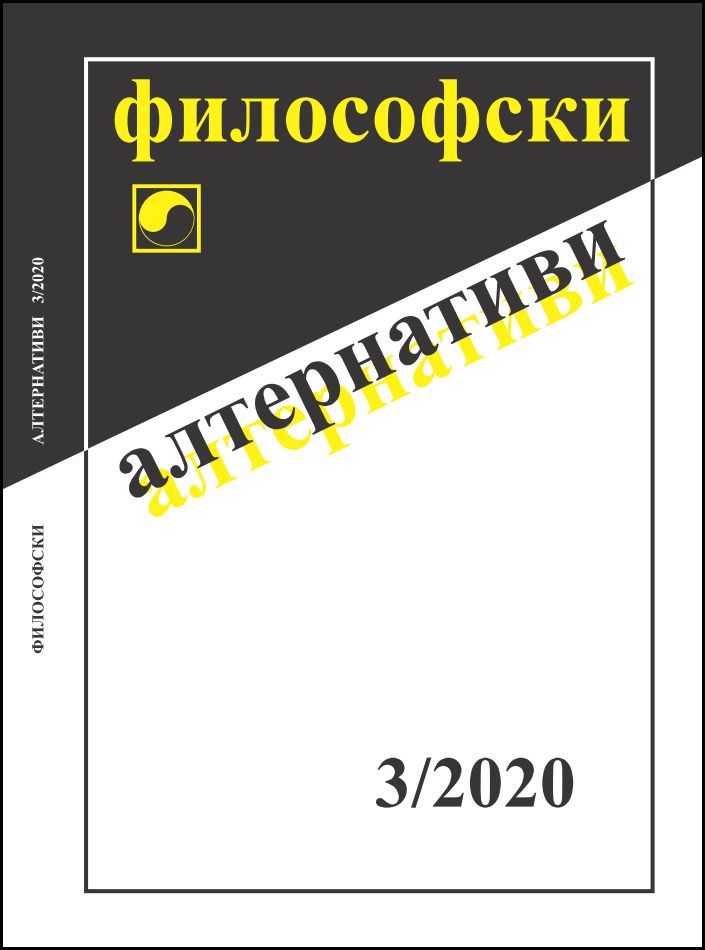Author(s): Naglis Kardelis / Language(s): Lithuanian
Issue: 10/2015
The author of the article, drawing upon the data from the history of Classical philosophy and linguistics, presents an analysis of the formation of the concept of matter in the philosophy of Classical Antiquity. In the first chapter of the article, a few preliminary remarks are given concerning with the differences of conceptual economy of the concept of matter in two different spheres – that of ideology and that of pure theoretical philosophy. In the author’s opinion, the understanding of matter in ideologically oriented materialisms, such as the so-called dialectical materialism and the so-called historical materialism, serves certain ideological goals and has nothing or almost nothing to do with genuine efforts to elucidate the concept of matter and to grasp – in terms of pure philosophy and theoretical analysis of purely philosophical nature – the nature of matter and the conceptual economy of this concept. In the preliminary chapter of the article, the author also presents some observations concerning the narrowness and particularity characteristic of the analysis of matter (or materiality understood in various senses and from different angles of view) both in materialistically oriented analytic philosophy, driven by reductionistic agenda, and in materialistically oriented continental philosophy concerned mostly with practical (especially ethical and political) aspects of materiality and corporality. In the second chapter, the author analyses the commonly held views about matter, characteristic of everyday consciousness, as well as the understanding of matter prevalent in the pre-philosophical stage of Classical culture. The author is of the opinion that the most informative corpus of data about the specific features of the understanding of matter in the earliest (pre-philosophical) period of Classical culture can be drawn from the history of language. Therefore, the etymologies of Classical Greek, Latin, and Lithuanian words, meaning matter, materiality, and other similar concepts, are discussed in connection with various possible lines of philosophical interpretation of presented linguistic data. The author shows the philosophical potential inherent in the language itself, even in its most archaic, pre-philosophical, layer, and even in the common, pre-terminological strata of everyday linguistic usage. The Latin words materia “matter (also subject matter as a thing under discussion); the raw material; the mother-stem of a tree; the cen- 40 trally located essential part of any living thing”, matrix “matrix, mother (thought of as giving birth, generating); womb, receptacle; hard form (stereotype); template (prepared in advance for some soft, liquid mass, or molten matter); pattern, form (either material or ideal); etc” (in connection with their common etymological ancestor, the Latin word mater “mother”), and silva “forest; felled trees, logs (collectively); the raw material”, the ancient Greek word hulē “forest; felled trees, logs (collectively); the raw material”, the Lithuanian words medžiaga “matter (also subject matter as a thing under discussion); felled trees, logs (collectively); the raw material”, mediena “felled trees, logs (collectively)”, medis “tree”, medžias “forest”, and other relevant lexical examples are examined at some length. In the third chapter of the article, the author presents an analysis of the formation of the concept of matter in Presocratic and late Platonic philosophy. It is argued that the Presocratics, although lacking any definite, exactly articulated, concept of matter in, say, Aristotelian or late Platonic sense, each viewed their postulated principle (arkhē) of reality as some sort of material substance (sometimes thought of as inherently possessing some ideal, or spiritual, qualities). The author of the article stresses the conceptual relation between the Greek concept of phusis “nature”, commonly employed by the Presocratics, and the concept of hulē, which is evidently the ultimate source of the Latin word materia, understood as a philosophical term and coined by the Romans after hulē, although this latter word began its career as a clearly defined philosophical term only with the writings of Aristotle). The understanding of matter characteristic of the Presocratic Ionian philosophers (Anaximenes, Heraclitus, etc), the ancient Greek Atomists (Leucippus, Democritus, etc), and Empedocles is briefly touched upon in the context of the author’s analysis of the formation of the concept of matter in this period. After that is discussed the late Platonic notion of matter, presented in the Timaeus (in the context of a philosophical myth) as a very vague and inscrutable principle of reality. The late Platonic notion of “Receptacle” (the “Mother” and “womb” of all reality), which might be thought of as ingeniously combining the notion of matter, as a soft substrate of “hard” forms, and the notion of hard matrix, as a receptacle of “soft” material mixture under formation, might be viewed as a great step in the direction of Aristotelian understanding of prime matter. This inscrutable “Mother” of all Reality is given by Plato a lot of different and imprecise names, thus evading strict, non-ambivalent definition. Exemplifying a very significant milestone in the evolution of the concept of matter, the Platonic notion of “Receptacle” – and Plato’s understanding of matter in general, closely related to this vague notion – is given by the author of the article much more attention than all previous stages in the development of the concept of matter. 41NESUVOKIAMOJI TIKROVĖS MOTINA: MATERIJOS SAMPRATOS FORMAVIMASIS ANTIKINĖJE FILOSOFIJOJE In the fourth chapter of the article, the author discusses the Aristotelian understanding of matter. The Aristotelian theory of matter is viewed as a pinnacle and ultimate expression of Classical Greek thinking about matter. The prime matter, thought of as matter par excellence and the purest exemplification of the principle of matter as such, is understood by Aristotle as pure potentiality and contrasted with the conceptually opposite principle of form, that is, the principle of pure actuality. Therefore, the Aristotelian concept of prime matter might be viewed as some kind of a liminal concept (or a conceptual limit), that enables the human mind to think about substances and is employed in order to grasp the difference between substance and its form. The difference between the Aristotelian concept of prime matter and that of secondary matter is also briefly discussed by way of analogy. It is argued that the Aristotelian understanding of matter is significantly removed from the everyday experience of materiality, substantiality and corporality. It is, therefore, somewhat counterintuitive for most people lacking philosophical training, but, nevertheless, despite its counter-intuitiveness – and, arguably, namely for that very reason – it has become part of a very powerful and universal conceptual tool that might be productively employed in the analysis of various and very different manifestations of reality. In the fifth chapter of the article, the author, combining and synthesizing the results achieved in all previous chapters, somewhat extends the Aristotelian understanding of matter and projects it into the context of contemporary science, thus revealing a few contradictions inherent in the very concept of matter. First of all, attention is drawn to the fact that matter, as it is understood in contemporary physics, is almost synonymous with energy, while the Aristotelian concept of matter underscores its closest affinity to the concept of potentiality (thought of as a polar opposite with respect to the concept of actuality, that is, the concept of form). Secondly, the concepts of matter and matrix, after closer analysis, reveal both mutual conceptual proximity and conceptual opposition: in different conceptual contexts, each one of them – both matter and matrix – although usually understood as different types or aspects of matter (the etymology of both two words, linking them to their common source, the word mater “mother”, testifies to their conceptual relation) might acquire an aspect of form (and, so to speak, “masculinity”) in relation to its conceptual counterpart. Thus, viewing them from different interpretative angles and in different conceptual settings, we notice that both matter and matrix might appear, if not as a “mother” and a “father” with respect to its “conjugal” counterpart, yet, surely, as a “more motherly” mother and “less motherly” mother in relation to its “spouse” – and changing places in different conceptual settings. Thirdly, we notice 42 that our commonly used English expressions, such as the “subject matter” (and similar others), which underscore the conceptual relation between the meaning of the word matter (thought of as referring to some sort of subject of thought or speech) and the idea of the “material” content of a grammatical or logical form, are used to express the notion of information (thought of as a material mass “poured” into some sort of “matrix” as a “hard” form). Therefore, information, the nature and essence of which is, necessarily, of an ideal, abstract, and formal (that is, strictly immaterial) kind, in some conceptual settings appears as something material – as a material mixture poured into a matrix as a hard “form”, despite the fact that the pieces of information themselves might be viewed as mental forms (that is, ideal entities constituted in the process of thinking). The conclusion is made that the concept of matter, which is the result of long conceptual evolution in linguistic prehistory, Classical times and afterwards, is irremediably vague notion, yet, nevertheless, very conducive to productive philosophical thought: the very paradoxes of this concept exert a benign effect on human thinking, liberating it from its stupor.
More...
